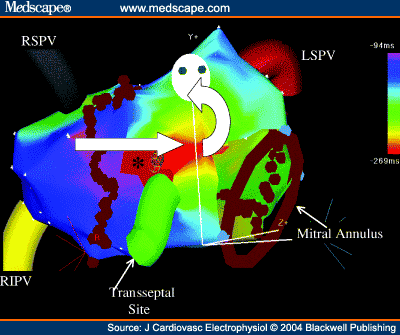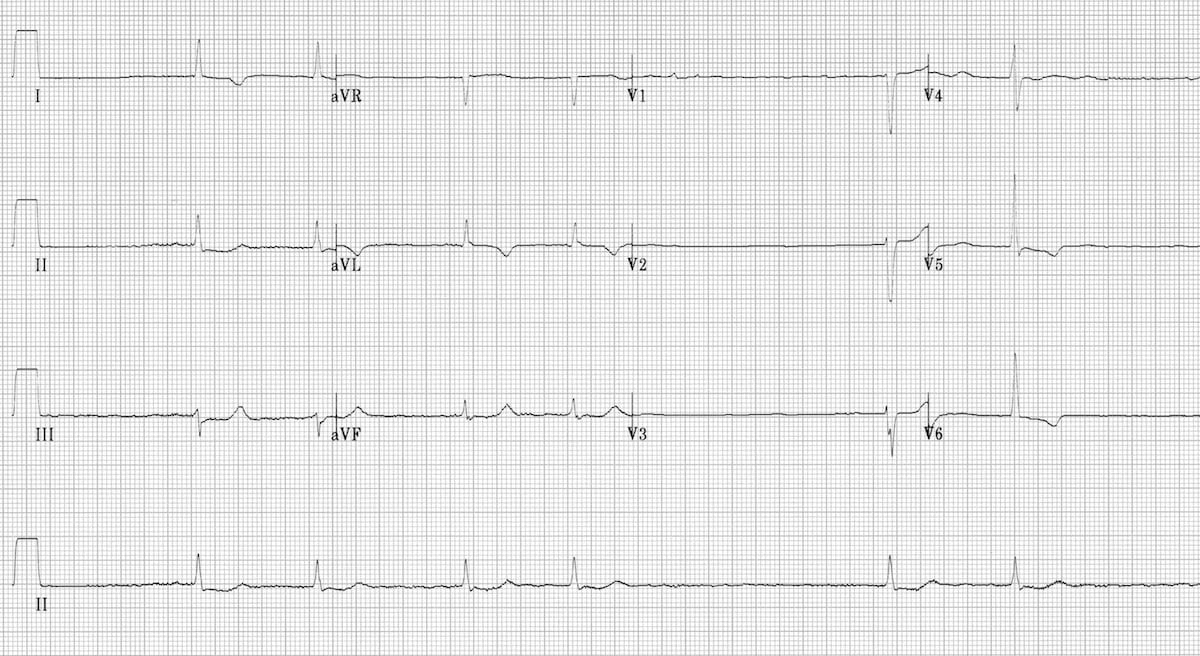

I49.0 – Ventricular fibrillation and flutter.I48.91 – Unspecified atrial fibrillation.I48.9 – Unspecified atrial fibrillation and atrial flutter

ICD-10 Codes to Indicate Diagnosis of AFib Medications include – anti-arrhythmics such as Dofetilide (Tikosyn), Flecainide, Propafenone (Rythmol), Amiodarone (Cordarone, Pacerone), Sotalol (Betapace, Sorine) and Anticoagulants such as Warfarin (Coumadin, Jantoven) and Dabigatran (Pradaxa).Ĭardiology medical coding involves the use of specific ICD-10 codes and CPT codes to document different cardiology conditions, including atrial fibrillation (AFib). Treatment procedures include – Electrical cardioversion and other surgical procedures such as Catheter ablation, Atrioventricular (AV) node ablation, surgical maze procedure and Left atrial appendage closure. Normally, a combination of medications and other surgical procedures will be offered to set the heart rate and rhythm to normal. The treatment methods for atrial fibrillation may mainly depend on how long the person suffered from the condition, its underlying causes and type and severity of symptoms. Generally, the treatment for AFib aim to reset the rhythm or control the heart rate, prevent blood clots and reduce the risk of strokes. A thorough physical examination will be conducted where in the physician may order several diagnostic imaging tests such as Electrocardiogram (ECG), Echocardiogram, Chest X-ray, Event recorder, Holter monitor, stress test and other blood tests to accurately diagnose the degree of heart abnormality. In order to diagnose this cardiac rhythm disorder, your physician may conduct a detailed review of your previous medical history and evaluate the signs and symptoms.

The potential factors that may increase your risk of developing atrial fibrillation include age, family history, obesity, heart disease, high blood pressure, alcohol consumption and other chronic conditions. Palpitations (sensations of a racing, irregular heartbeat or a flip-flopping in your chest).

Generally, some people with AFib experience no specific symptoms and are quite unaware of this condition until it is discovered during a detailed physical examination. What Are the Symptoms of Atrial Fibrillation? Other potential causes include – high blood pressure, coronary artery disease, heart attacks, congenital heart defects, overactive thyroid gland, lung diseases, previous heart surgery, viral infections and long term exposure to stimulants such as medications, caffeine, tobacco or alcohol. Abnormalities or any damage to the heart’s structure are the most common causes of AFib. It is estimated that about 15-20 percent of people who have strokes have this heart arrhythmia. As per reports from the American Heart Association (AHA) about 2.7 million Americans live with atrial fibrillation, the most common heart rhythm disorder. Medical coding outsourcing is an option worth considering as this can help cardiologists to ensure timely and accurate claim submission for optimal reimbursement for the medical services offered.Ītrial fibrillation may be – occasional, persistent, long-standing persistent and permanent. Documenting this condition requires correct recording of all the prominent symptoms, diagnosis and treatment procedures provided. Treatment for this cardiac condition may include medications and other interventions that attempt to alter the heart’s electrical system. This can lead to formation of blood clots in the heart that may circulate to other organs and lead to blocked blood flow (ischemia). The condition causes the heart’s two upper chambers (the atria) to beat irregularly with the two lower chambers (the ventricles) of the heart. Regarded as one of the most commonly diagnosed cardiac rhythm disturbances, AFib begins in the upper chambers of your heart (the atria) and causes those to quiver (fibrillate), instead of beating normally. Atrial Fibrillation (also called AFib or AF) is a heart condition that causes an irregular and often rapid heart rate that can increase your risk of stroke, blood clots, heart failure and other heart-related complications.


 0 kommentar(er)
0 kommentar(er)
